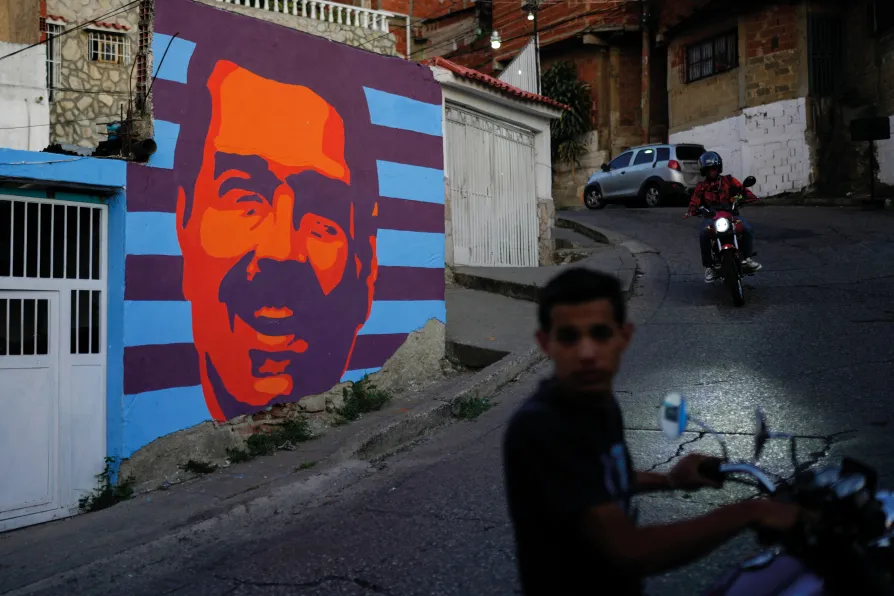As women dominate public services yet face pay gaps, unsafe workloads and rising misogyny, this International Women’s Day and TUC Women’s Conference must be a rallying point, says ANDREA EGAN

 CRUNCH TIME: A campaign mural promoting Venezuelan President Nicolas Maduro on a wall in Caracas
CRUNCH TIME: A campaign mural promoting Venezuelan President Nicolas Maduro on a wall in Caracas
MILLIONS of Venezuelans voted in yesterday’s presidential elections, yet the Western media denounce Venezuela as a dictatorship. Is there political democracy in your country?
When I first visited the UK, the leader of our revolution was still Hugo Chavez. At that time, we had held nine successful elections. The presidential election yesterday was number 32. That’s almost two elections per year!
In August, there will be a consultation process to ask the local communal organisations in the barrios about their needs and plans in every municipality.

International solidarity can ensure that Trump and his machine cannot prevail without a level of political and economic cost that he will not want to pay, argues CLAUDIA WEBBE

US baseless accusations of drug trafficking and the outrageous putting of a bounty on a president of a sovereign country do not bode well, reports PABLO MERIGUET












